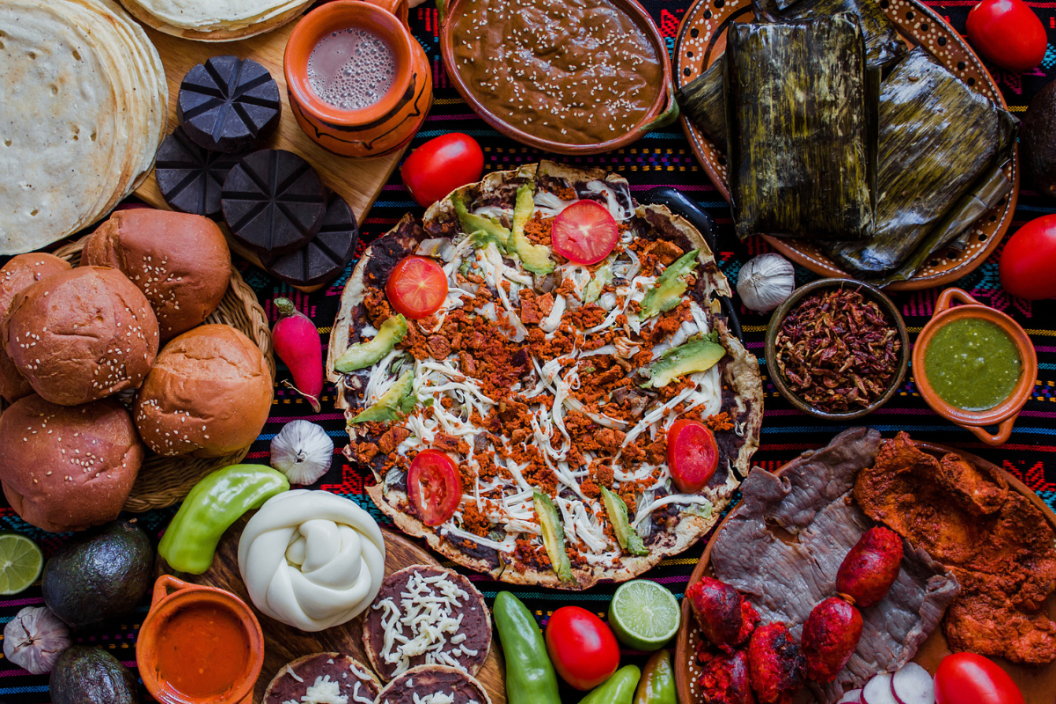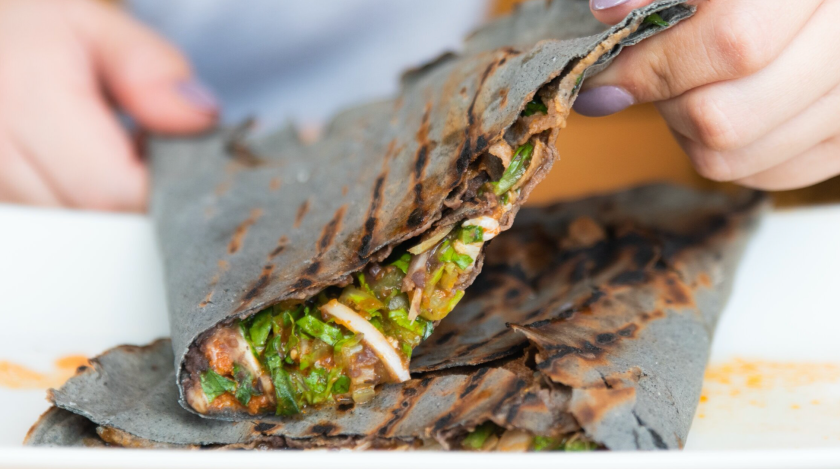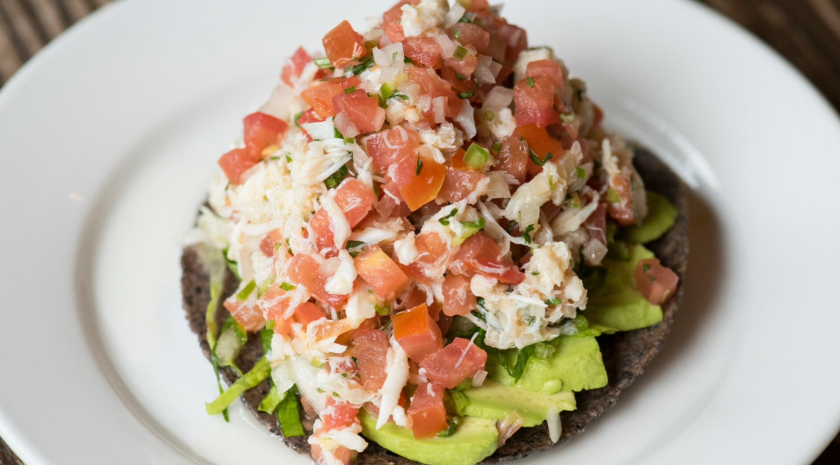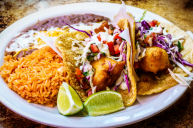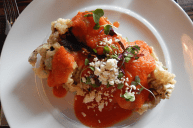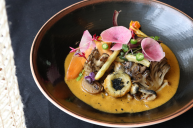In any city in America, you can only drive so far without passing a Taco Bell, Qdoba or Chipotle. Restaurants like these represent the average American's idea of what Mexican food is, or at least a close approximation. Most of us know that these are somewhat Americanized, but few realize to what extent Mexican food in America has departed from its roots. If these are Americanized Mexican food, or Tex-Mex, then what is true, authentic Mexican food?
This seems like a simple enough question to answer- just head to Mexico and you'll find it, right? However, the definition and even existence of "authentic Mexican food" has been up for debate for hundreds of years because of this cuisine's complex roots and history of globalization.
What Does Authentic Even Mean?
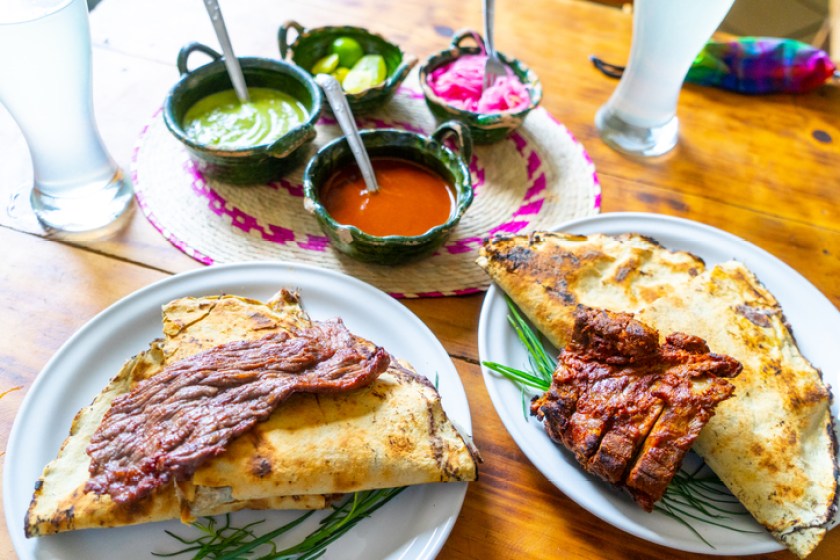
Getty Images/ Indigoai
To further complicate the issue, the word "authentic" has been overused to describe foods and restaurants almost to the point of completely diluting its meaning. This word has become a buzz word in the food world, and is often thrown around with little thought into what it actually means and whether the food in question fits the description.
The search for authenticity when it comes to food can make chefs feel pigeonholed, not allowing for the evolution of food that occurs over time with any cuisine. This expectation of what authentic food is often doesn't match the variance and complexity of the cuisine and those who cook it. As explained in NPR, when we search for authentic food, "what we really want is a replica, 'a true copy of our expectations' — some platonic ideal of what a dish should taste like. It's a definition of authenticity that can trap the immigrant cook in very narrow expectations."
What is Authentic Mexican Food?
Mexican recipes are infinitely more varied than the small window we get when we try nachos at our local Mexican restaurant or a burrito at Qdoba. From ceviche to pozole to tostadas, you'll find a different type of Mexican food in each part of Mexico, whether you're in the Yucatan or Mexico City. To have the most traditional dishes, it's best to stick to the Mexican street food and home cooking rather than any tourist-packed restaurant.
Despite the wide variation of Mexican food and the impossibility of defining the word "authentic," many have continued to look for a concrete definition of authentic Mexican food. As explained by Jeffrey M. Pilcher in Guernica, "the search for authentic Mexican food—or rather, the struggle to define what that meant—has been going on for two hundred years, and some of the most important battles have been fought outside of Mexico."
The idea of authentic Mexican cooking implies that there's one cuisine that comprises this definition, consistent in its cooking methods and ingredients. However, like all cuisines, Mexican food has been an ever-changing fusion of cultural influences from the very beginning.
Mexican food is often defined as the merging of Spanish food and the food traditions of Native Mesoamerican peoples like the Aztecs, Mayans and Zapotec. However, as asserted by Maria Godoy in NPR,
"Less well-known is the culinary imprint left by large waves of Africans brought to Mexico as slaves during the Spanish colonial era; by Japanese, Filipino and Chinese immigrants . . . and by the many Lebanese who arrived after World War I — bringing with them the technique of roasting meat on a turning spit for shawarma. That became a gastronomic ancestor to tacos al pastor, now a signature street food of Mexico City."
What Makes Something Authentic?
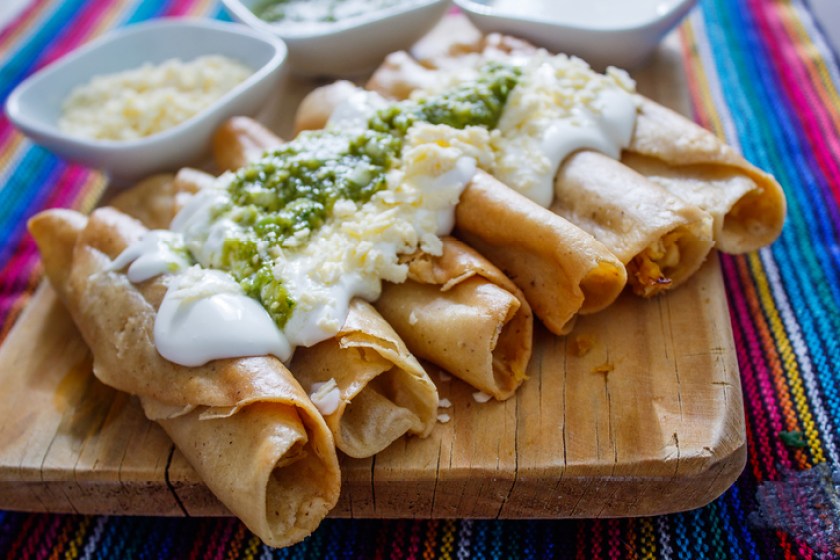
Getty Images/Gener Vazquez
Since Mexican cuisine has been defined by the blending of cultures from the very beginning of its existence, can anyone truly hope to define what "authentic" even means when it comes to this rich, flavorful cuisine?
Chef Iliana De la Vega, owner of El Naranjo in Austin, Texas, says no. El Naranjo serves delicious Mexican food, featuring both Oaxacan classics and dishes from all over Mexico. Chef De la Vega originally opened a restaurant in Oaxaca, her mother's home state. However, because she was raised in Mexico City, Oaxacans were doubtful of her ability to make true Oxacan food.
When she eventually moved to Austin, she again had to convince customers of the "authenticity" of her dishes, explaining to Americans that Oaxacan food with its mole sauce and tlayudas was indeed Mexican food.
As she frequently says when it comes to her food, "If you talk to me about authenticity, I don't know what you mean. If you say tradition, then I'm with you."
Another important voice in the debate of authentic Mexican food is Stephanie Griest, a Mexican American author and activist who did her own research to uncover the true meaning of authentic Mexican food. As she describes in BBC,
"Growing up Mexican American just 150 miles from the border, I thought I understood my ancestral cuisine . . . So, it was a shock when, on my first trip into Mexico's interior 25 years ago, I opened a menu and recognised none of the options. Where were the fajitas sizzling on a platter? What made the enchiladas suizas (Swiss) and the eggs divorciados (divorced), and what happened to the complimentary chips and salsa?"
After growing up feasting on Velveeta cheese for queso, tamales made of pork, masa and Crisco, crispy fajitas and chiles rellenos, she was confused by Mexican dishes she'd never eaten like chiles en nogada.
She goes on to ask, "if this was Mexican food, what had I been eating all my life?" With this simple question, Griest sheds light on an essential aspect of authenticity. Is it more about the ingredients and cooking techniques of the food being served, or those who cook it?
She then firmly puts the query to rest, saying "our food was Mexican because we were - and nothing is more authentic than that."
Maybe it's up to the individual to decide what authentic means to them, and whether this word can even be used to describe a cuisine. No matter what you decide, you'll probably never view your 4 am Taco Bell order quite the same.
READ MORE: What's the Difference Between Tex-Mex and Mexican Food?
